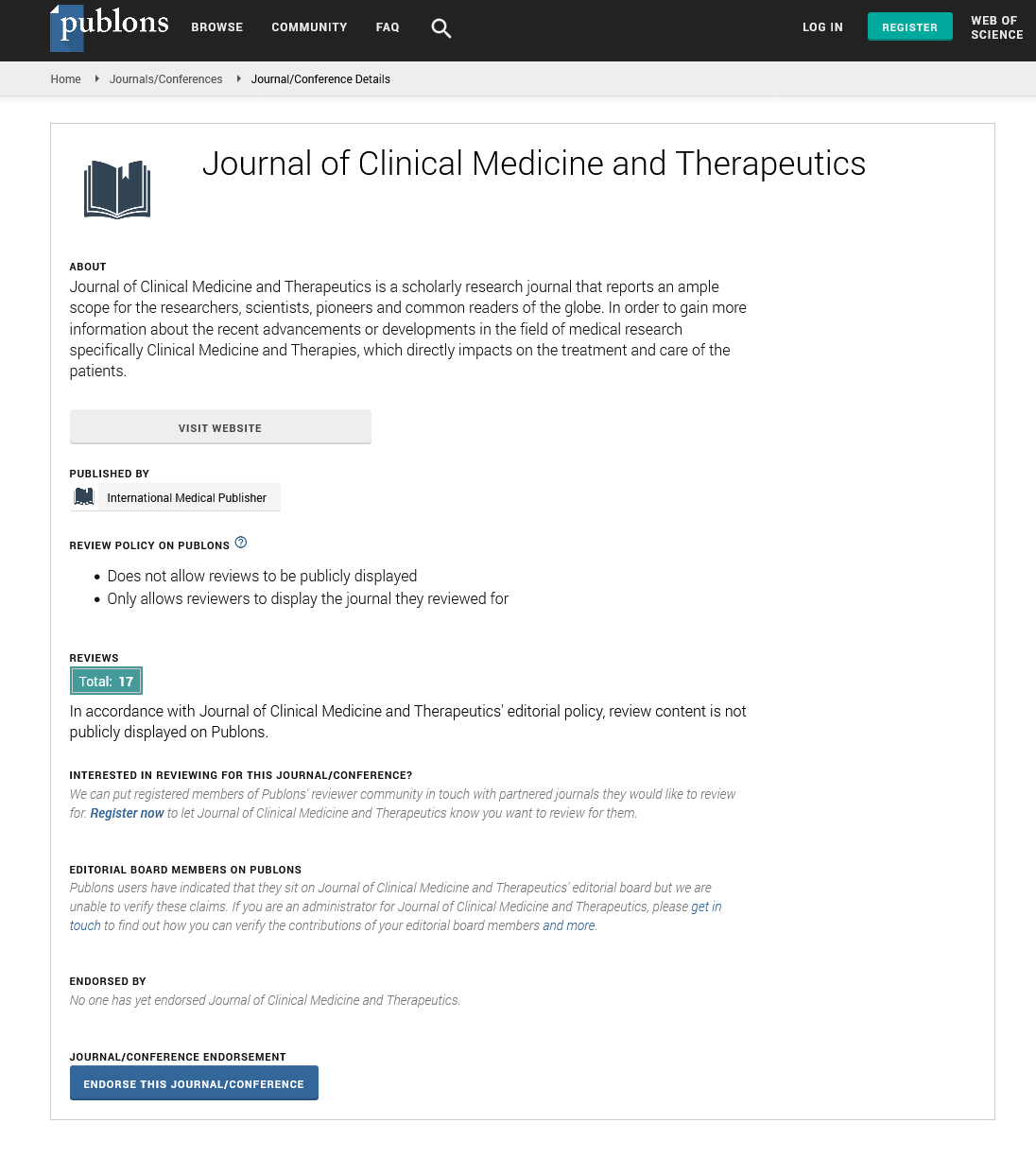Abstract
Preventive Treatment with Diclofenac Suppositories May Improve BCG Induced Cystitis Symptoms without Affecting Its Oncologic Efficacy: A Prospective Double Blind Randomized Trial
Purpose: To evaluate whether prophylactic treatment with Diclofenac suppositories may relief bladder irritative symptoms following BCG irrigation, and to assess its effect on the oncologic outcome.
Methods: A prospective, randomized, double-blind, placebo-control trial on 36 patients diagnosed with Non- Muscle Invasive Bladder Cancer (NMIBC) treated with induction installations of BCG. Patients received either a transrectal Diclofenac suppository (50 mg) or a placebo suppository immediately prior to and 24 hours after bladder irrigation.
Following each irrigation patients completed a Quality of Life and a specific side effect questionnaire. Patients were thereafter followed prospectively for tumor recurrence.
Results: For each irrigation, patients in the treatment group had statistically significant lower complains of dysuria (presented as the percent change from baseline; 473% vs. 161% in the control and treatment groups respectively, p=0.026). Other BCG side effects affected by the suppositories are reported. During a mean follow up of 22.8 month, 56% and 58% of patients in the treatment and control groups respectively had tumor recurrence (p=0.96). No significant side effects have been observed related to the study drug.
Conclusion: Diclofenac suppositories are easy and safe to use and according to our results on this small study cohort, their use may suggest a beneficial effect in preventing complains caused by BCG induced cystitis without increasing tumor recurrence rate.
Author(s): Gal Rinott Mizrahi*, Avi Stein, Boris Friedman, Yuval Freifeld, Yael Hod, Yoram Dekel
Abstract | Full-Text | PDF
Share This Article
Google Scholar citation report
Citations : 95
Journal of Clinical Medicine and Therapeutics received 95 citations as per Google Scholar report
Journal of Clinical Medicine and Therapeutics peer review process verified at publons
Abstracted/Indexed in
- Publons
- Secret Search Engine Labs
Open Access Journals
- Aquaculture & Veterinary Science
- Chemistry & Chemical Sciences
- Clinical Sciences
- Engineering
- General Science
- Genetics & Molecular Biology
- Health Care & Nursing
- Immunology & Microbiology
- Materials Science
- Mathematics & Physics
- Medical Sciences
- Neurology & Psychiatry
- Oncology & Cancer Science
- Pharmaceutical Sciences

